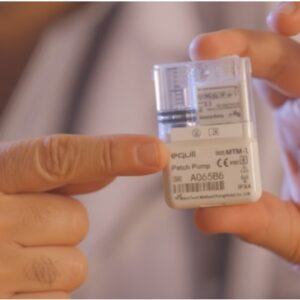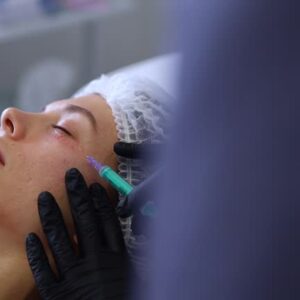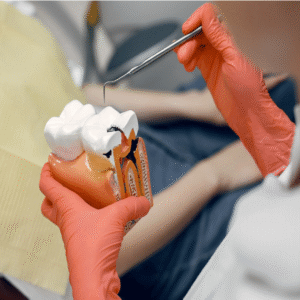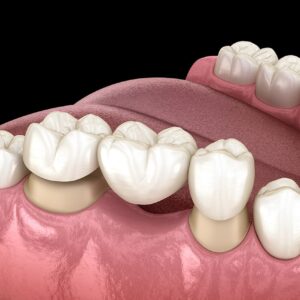Obsessive-Compulsive Disorder (OCD) is a condition that affects people across different ages and walks of life. It often involves persistent unwanted thoughts, known as obsessions, and repetitive behaviours, called compulsions. While OCD can feel overwhelming, it is important to know that effective treatments are available to help individuals manage and reduce their symptoms. With the growing demand for holistic and accessible care, people are increasingly looking into options such as OCD treatment in Dubai, which combines modern methods with personalized approaches.
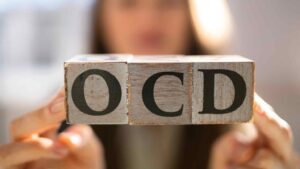
Understanding OCD and Its Challenges
Before exploring treatment options, it is vital to understand what makes OCD complex. The disorder manifests differently in each person, ranging from repeated hand washing to checking locks multiple times or feeling compelled to arrange objects in a particular way. These behaviors are not simply habits but coping mechanisms to temporarily ease distress caused by obsessive thoughts. Left untreated, OCD can interfere with daily life, relationships, and emotional well-being.
Cognitive Behavioral Therapy (CBT)
Cognitive Behavioral Therapy is considered one of the most effective forms of treatment for OCD. This therapeutic approach focuses on changing thought patterns and behaviors. The most common technique within CBT for OCD is Exposure and Response Prevention (ERP). ERP involves gradually exposing an individual to the source of their fear while helping them resist the urge to perform compulsive behaviors. Over time, this process helps reduce anxiety and retrains the brain to react differently to triggers.
Medication-Based Treatments
For many individuals, medication can play a key role in managing OCD symptoms. Selective Serotonin Reuptake Inhibitors (SSRIs) are often prescribed because they help regulate serotonin levels in the brain, which is linked to mood and anxiety. While medication alone may not fully resolve OCD, it can significantly reduce the intensity of symptoms and is often combined with therapy for better results. A healthcare professional usually tailors medication plans to each person’s needs, ensuring a balance between benefits and side effects.
Why Therapy is a Key Part of Treatment
Therapy is one of the most effective tools in managing OCD. It allows individuals to uncover the roots of their anxiety, challenge distorted thought patterns, and gradually reduce compulsive behaviors. Unlike medications that primarily target chemical imbalances in the brain, therapy helps people reshape the way they think and respond to intrusive thoughts. This makes therapy an essential component in both short-term relief and long-term recovery.
Understanding OCD and Its Impact
OCD is characterized by persistent, unwanted thoughts known as obsessions, and repetitive behaviors or rituals called compulsions. These behaviors can provide temporary relief but often lead to more stress and time-consuming patterns. Over time, OCD can disrupt professional responsibilities, academic performance, and social connections. Recognizing the condition as a medical concern rather than a personal flaw is the first step toward effective treatment.
Mindfulness and Stress Management
Mindfulness-based therapies are gaining recognition as supportive tools in OCD management. These methods help individuals stay present and reduce the power of obsessive thoughts by encouraging acceptance rather than resistance. Techniques such as meditation, breathing exercises, and stress-reduction strategies can enhance the effectiveness of primary treatments like CBT or medication. Mindfulness does not eliminate OCD but allows individuals to approach their thoughts with greater control and calmness.
Lifestyle and Supportive Approaches
Daily lifestyle choices also contribute to managing OCD symptoms. Regular exercise, sufficient sleep, and a healthy diet help maintain overall mental well-being. Support groups and community resources provide individuals with a sense of belonging and understanding, which can be deeply healing. Family involvement in treatment can also improve outcomes, as it educates loved ones about how to provide encouragement and reduce enabling behaviours.

Advanced and Emerging Treatments
Beyond standard therapies, researchers are continuously developing advanced options for OCD treatment. Transcranial Magnetic Stimulation (TMS) is one such non-invasive technique that stimulates specific areas of the brain linked to OCD. Additionally, ongoing studies are exploring the potential of deep brain stimulation and virtual reality exposure therapy as innovative ways to address symptoms. While these treatments may not be widely available everywhere, they represent hope for the future of OCD care.
Choosing the Right Treatment
The right treatment depends on the severity of symptoms, personal preferences, and individual response to different therapies. Some may benefit from therapy alone, while others may require a combination of therapy and medication. A professional evaluation is often the first step in identifying the most suitable approach. It is important to remember that recovery is not always linear, and adjustments to treatment may be necessary along the way.
Living with OCD
Living with OCD can be challenging, but it does not have to define a person’s life. With the right treatment plan, many individuals are able to regain control, build resilience, and lead fulfilling lives. The key is early recognition and consistent management through reliable methods. As awareness grows and treatment options continue to expand, more people are finding pathways to relief through comprehensive care such as OCD treatment Dubai.
